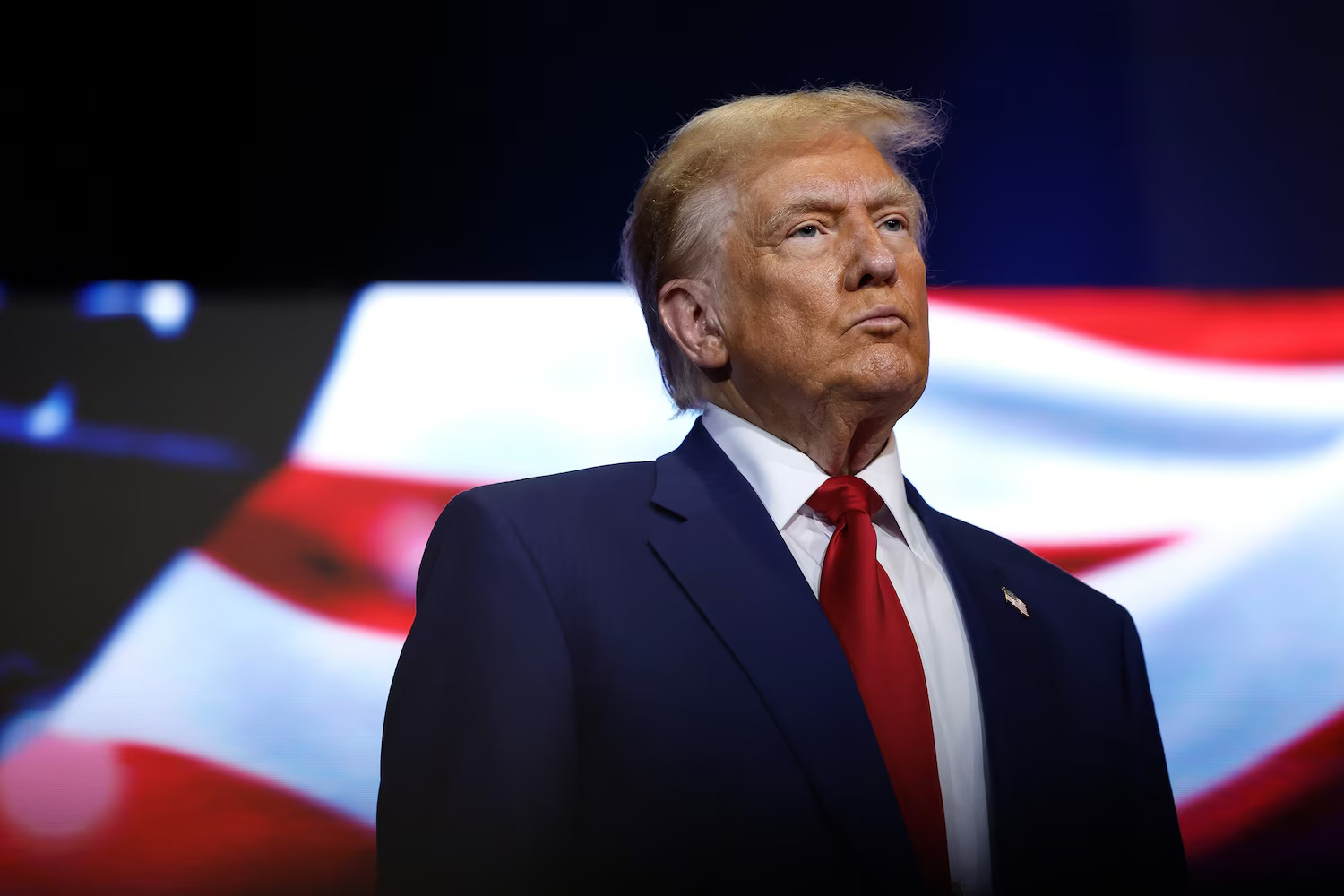On Friday, a New York judge ruled that President-elect Donald Trump’s criminal conviction in the “hush money” case will remain, but he is unlikely to face any legal penalties. Judge Juan Merchan issued an 18-page decision confirming that Trump would be granted an “unconditional discharge” from any sentencing. This means that although Trump was convicted on 34 felony counts for falsifying business records to cover up an affair with an adult film actress, he will not face further legal consequences in terms of imprisonment or other penalties.
Judge Merchan’s ruling indicates that any potential punishment would be waived, and there would be no strings attached. He stated that this decision appeared to be the most appropriate solution given the circumstances. Trump’s sentencing was scheduled for January 10, but the judge granted him the option to appear virtually instead of in person. This ruling suggests that the legal consequences for Trump are likely to be minimal despite his felony conviction.

While the judge signaled a lenient approach toward sentencing, Merchan rejected Trump’s argument that his re-election in November should invalidate the conviction. The former president’s legal team had hoped that his return to office would offer him immunity from legal consequences. However, Merchan maintained that dismissing the indictment or setting aside the verdict would not align with the Supreme Court’s rulings regarding presidential immunity, nor would it uphold the principles of the rule of law.
Merchan emphasized that the legal process had to be upheld regardless of Trump’s political position. He noted that overturning the conviction due to Trump’s re-election would undermine the justice system and the rule of law in significant ways. Thus, Trump will still be officially recognized as a convicted felon when he takes office, making him the first president to be sworn in under such circumstances.
Despite the ruling, the lack of a sentence or legal penalties for Trump has raised questions about the consequences of high-profile criminal cases involving powerful individuals. The decision marks a significant moment in American legal history, as it will result in a convicted felon assuming the presidency, raising both legal and political implications for the future of the country.
